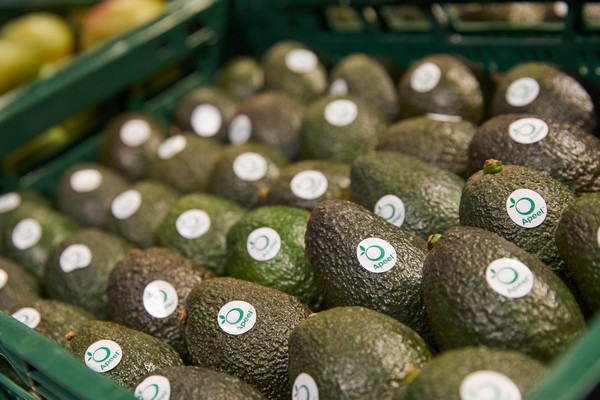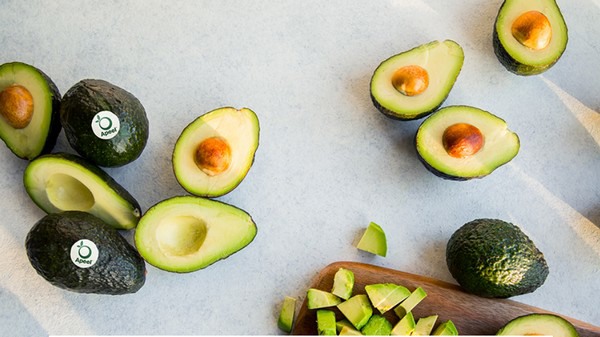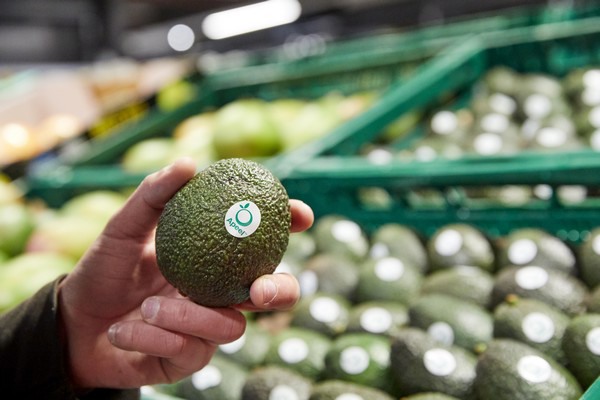At the start of February, supermarket chain Colruyt announced that it would be putting avocados on the shelves with Apeel technology. This is an invisible, vegetable protective layer that keeps oxygen out and moisture in. This layer keeps ready-to-eat avocados good for up to twice as long. “A very important step in reducing food waste,” explains Jan Schockaert, purchasing manager of fruit and vegetables at Colruyt. "Our own avocado waste is very low, but in this way we can also reduce the food waste for the consumer."

“Before we decided to apply this technology to our avocados, we did a lot of tests. Our own tests have also shown that the second shell, which is formed by the Apeel technology, helps to extend storage life,” says Jan. “Avocado was the first product allowed to use this technology by Europe. But if new products are allowed, we will certainly follow this up. At the moment we are also testing with citrus.”

Because the avocados with the Apeel protective layer have only been on the shelves for a few weeks, Jan believes it is still too early to talk about results. “We are very positive: sales are progressing well, our low waste rate remains nicely low and most importantly: our customers are positive. We haven't received any complaints or comments. We are the first supermarket chain in Belgium and Luxembourg to apply this technique to avocados,” Jan continues.
“It is interesting to note that the substance used to create the 'second skin' is a natural substance derived from fruit. The use of this substance does not affect the taste or the aroma of the product." The second peel is definitely not a packaging, but a coating that is applied directly to the fruit and is not visible, tangible or scented. It will turn into compost along with the husk."

“Colruyt has been committed to sustainability for years. We have 4 themes in these projects: health, society, animal welfare and the environment. Our customers know these topics as "step by step". Responsible water use, good relationships with our suppliers and reducing plastic waste for fruit and vegetable sales from plastic bags through reusable nets are some examples of projects. In addition to basil, we recently also introduced coriander from our own vertical farm. These are great examples of projects that we are running. At Colruyt, we take deliberate and concrete steps and also want our efforts to have an impact. We set the bar high for ourselves and thus, step by step, make a difference for our customers and for society,” concludes Jan.
For more information:
www.colruyt.be
